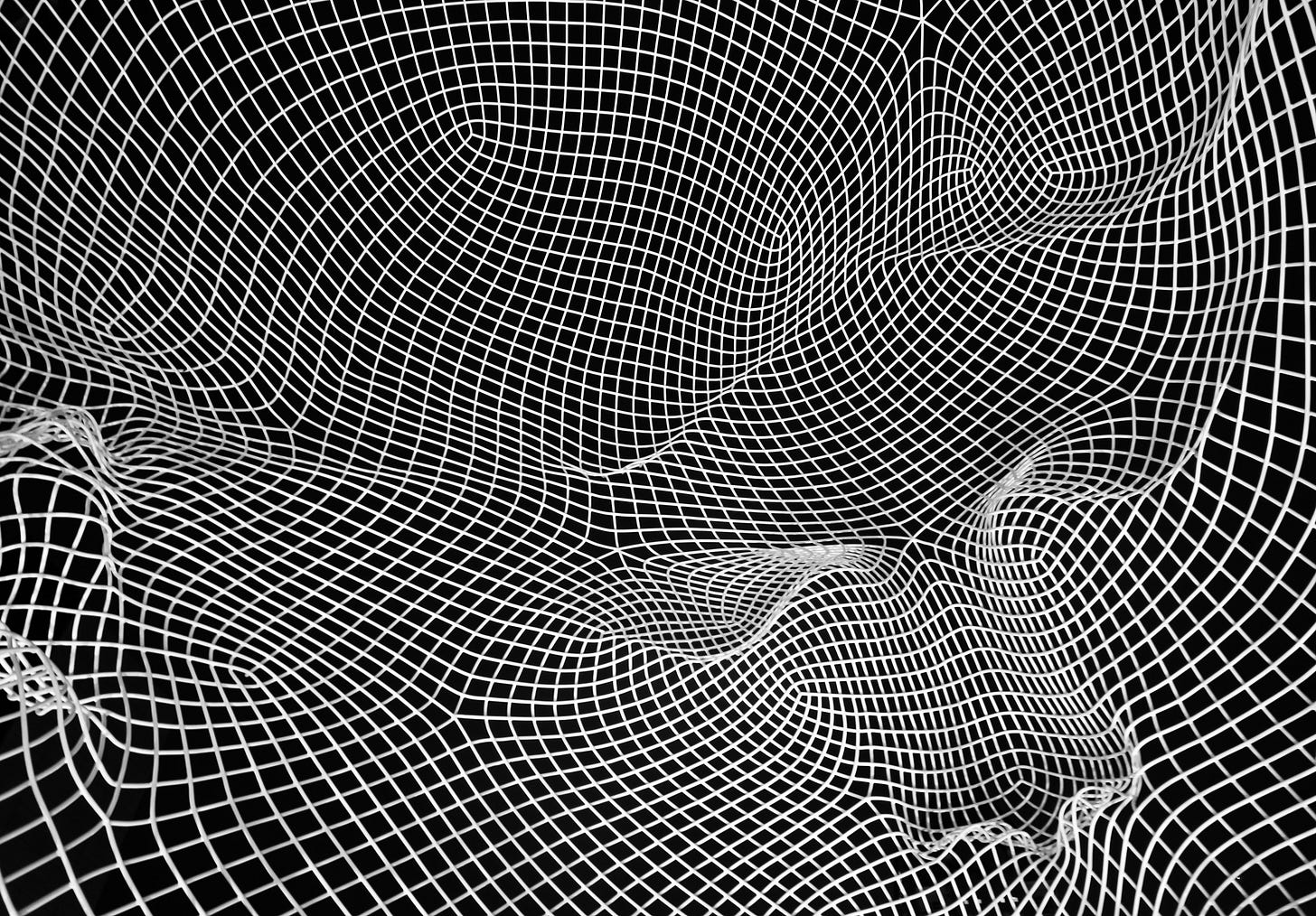Nervous System Mastery: Get friendly with your fascia!
My writing always try’s to express how we all benefit from daring to understand the many complex networks and memory components (e.g. salient, default mode, central executive networks or factual, emotional, genetic memory components) that contribute to our individualised reality, but a different kind of network called the fascia system does not get much air time…lets remedy that now.
Wonder web
The word fascia originates from the Latin word fascia which means bandage, ribbon or bundle. The fascia is a network of connective tissue that acts as a web supporting the entire body. There are four main layers: superficial, deep, visceral and parietal. Collectively this mesh magic surrounding our muscles, nerves, blood vessels, bones, tendons, ligaments and organs is integral to our wellbeing, impacting our movement, emotions, thoughts and senses. There is a growing body of research associated with the fascia system and poor mental/physical health, such as inflammation, pain, including pain perception, anxiety and depression. Again this research is only what many people & communities across the globe have been saying since day dot, but our reductionist, one dimensional model of wellness struggles with this.
Now, I am not particularly bendy or agile but if I don’t move my body a lot throughout the day I struggle, not just physically but mentally and emotionally. In particularly if I haven’t stretched out my body, something the fascia system takes a leading role in. But aside from stretching if I am stressed, triggered, exhausted or dissociated my fascia system seems to be very influential in expressing that to me, which of course makes sense when it is enabling things like our muscles to contract and relax.
Slick & smooth or dry & sticky
When the fascia is thriving it is slick and smooth but when the fascia is struggling it can get drier and sticky, impacting at a general or local level movement, agility, nerve pain and organ related pain. Interoception is our body’s ability to sense how we feel. The highly innervated fascia system including the blood vessels, the hormonal and neurotransmitter receptors is integral to this process. It would also appear that the fascia system acts as mediator between the nervous system, immune regulation and emotional regulation.
Complex interplay
All these different networks and systems are managing a delicate complex interplay to allow us to navigate the world moment by moment. This interplay relies heavily on memory, not just bog standard trivial pursuit memory but the important stuff like emotional, embodied and generational memory. This in turn makes sense as to how dynamic our sense of wellness can be. Many other cultures have always understood the importance of respecting integrated systems across movement, emotion, the senses, cognition, memory and more broadly across societies and the natural world. When we start to see things through interconnected systems, we value the component parts, like the fascia system, but also its greater collective whole.


